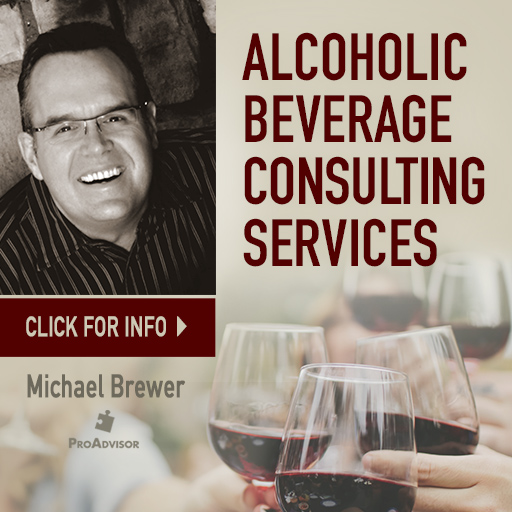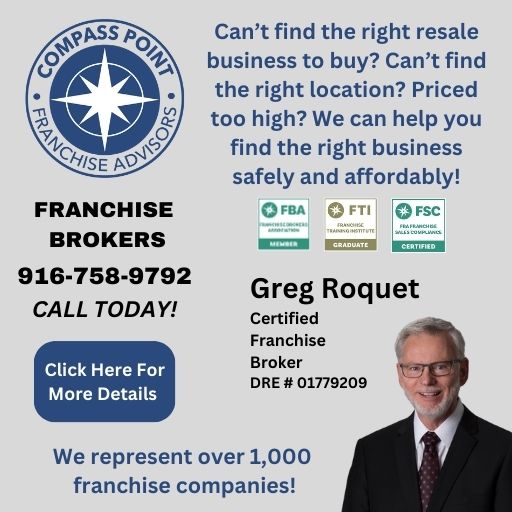
Converting a property into RCFE business is not just a real estate decision; it’s a complex financial and operational commitment. The cost can vary depending on property size, location, licensing requirements, and renovations needed to meet compliance standards. In California, where demand for elder care is rising, RCFE conversions typically require hundreds of thousands of dollars in initial investments, with additional recurring expenses to maintain regulatory compliance. Understanding these costs upfront helps first-time investors and seasoned operators make more informed decisions.
Initial Property Acquisition and Zoning Adjustments
The first significant cost in starting an RCFE is property acquisition. If you already own a property, expenses may still include rezoning applications, city inspections, and legal consultations to ensure the property qualifies for residential care operations. In California, property values vary greatly; buying a business in Los Angeles or San Diego may cost significantly more than in smaller counties. Investors also need to budget for zoning adjustments and local government fees, which can run into tens of thousands of dollars. Failing to account for these costs often delays the licensing process and increases holding expenses, making financial planning essential from the start.
Renovations and Compliance Upgrades
A property must be converted to meet RCFE standards, which involve structural, accessibility, and safety modifications. This includes ADA-compliant ramps, widened doorways, fire suppression systems, and safety alarms. The cost of renovations might range from $50,000 to $200,000, contingent on the state of the current property. California’s Department of Social Services (DSS) requires strict compliance inspections, and failing to meet these guidelines could result in costly rework. Owners should also consider energy-efficient upgrades, such as HVAC systems and insulation, to lower long-term operating expenses while still aligning with compliance requirements.
Licensing, Legal Fees, and Administrative Expenses
Converting property into an RCFE business requires licensing from California’s Community Care Licensing Division (CCLD). Application fees may seem minimal, but the hidden costs come from consulting, training, and compliance documentation. Legal professionals often charge $5,000–$15,000 to assist with licensing, liability waivers, and insurance setup. Training staff to meet caregiver and administrator certification requirements also adds to costs. While many new operators underestimate this stage, proper legal and administrative investment prevents costly penalties and potential shutdowns later. Treating this as a one-time cost rather than an ongoing compliance need is a common mistake among first-time RCFE investors.
Staffing and Operational Setup
Beyond the physical and legal setup, staffing represents one of the largest recurring costs for an RCFE business. California labor laws require fair wages, overtime compliance, and, in many cases, healthcare benefits for full-time staff. Hiring certified caregivers, an administrator, and support staff can cost $200,000 annually for a mid-sized RCFE. Additionally, operators must budget for training programs, background checks, and continuing education, as the state enforces strict caregiver qualification standards. Cutting corners in staffing not only jeopardizes compliance but also risks the quality of care, which directly impacts occupancy rates and business reputation.
Ongoing Maintenance and Insurance Costs
Once the RCFE is operational, property maintenance becomes a significant recurring expense. Monthly utilities, medical supplies, food services, and cleaning can add thousands to operational budgets. Specialized liability insurance and workers’ compensation are mandatory in California, with annual premiums ranging from $10,000–$30,000 depending on facility size. Unexpected costs such as roof repairs, HVAC replacements, or state-mandated upgrades should also be anticipated by setting aside emergency reserves. Unlike standard rental properties, RCFEs operate under intense scrutiny, so consistent reinvestment into property upkeep is not optional but a business survival strategy.
Projected Cost Breakdown of RCFE Conversion
To better understand the total investment, here’s a typical breakdown for converting a property into an RCFE in California:
| Expense Category | Estimated Cost Range |
| Property Acquisition | $500,000 – $1,500,000+ |
| Zoning & Legal Fees | $15,000 – $50,000 |
| Renovations & Compliance Upgrades | $50,000 – $200,000 |
| Licensing & Administrative Fees | $5,000 – $20,000 |
| Staffing (Annual) | $150,000 – $250,000 |
| Insurance & Maintenance (Annual) | $20,000 – $50,000 |
This table demonstrates that while the property may seem like the biggest cost, ongoing operational and compliance expenses can quickly surpass initial investments. Planning for both upfront and recurring costs ensures long-term sustainability.
Long-Term ROI and Sustainability
While the costs may seem overwhelming, the long-term return on investment can be significant. California has one of the fastest-growing senior populations, with projections showing over 8.5 million residents over the age of 65 by 2030. This rising demand ensures consistent occupancy rates for well-managed RCFE facilities. Operators who plan carefully, choose strategic locations, and maintain high compliance standards can generate steady revenue streams that far outweigh the initial conversion costs. Viewing an RCFE not just as a property investment but as a healthcare business opportunity positions operators for sustainable success.
FAQs
Q1: What is the average cost of converting a property into an RCFE in California?
The average cost ranges between $300,000 to over $1 million, depending on property size, location, and required renovations.
Q2: Can I use a single-family home for RCFE conversion?
Yes, many RCFEs start in single-family homes, but they must meet zoning, accessibility, and licensing requirements.
Q3: How long does the RCFE conversion process take?
Typically, it takes 6–12 months, factoring in renovations, licensing, and staff hiring.
Q4: Do I need prior experience to run an RCFE?
While not required, having healthcare or management experience helps. You must hire or certify an administrator for licensing.
Q5: What financing options are available for RCFE conversions?
Options include SBA loans, private investors, healthcare-specific financing, or using home equity if converting an owned property.
Related Posts
you might also like
Financing,How To Buy A Business,How To Sell A Business
By Greg Carpenter
Financing
By Steve Zimmerman
Due Diligence,Financing,How To Buy A Business,How To Sell A Business
By Greg Carpenter
































